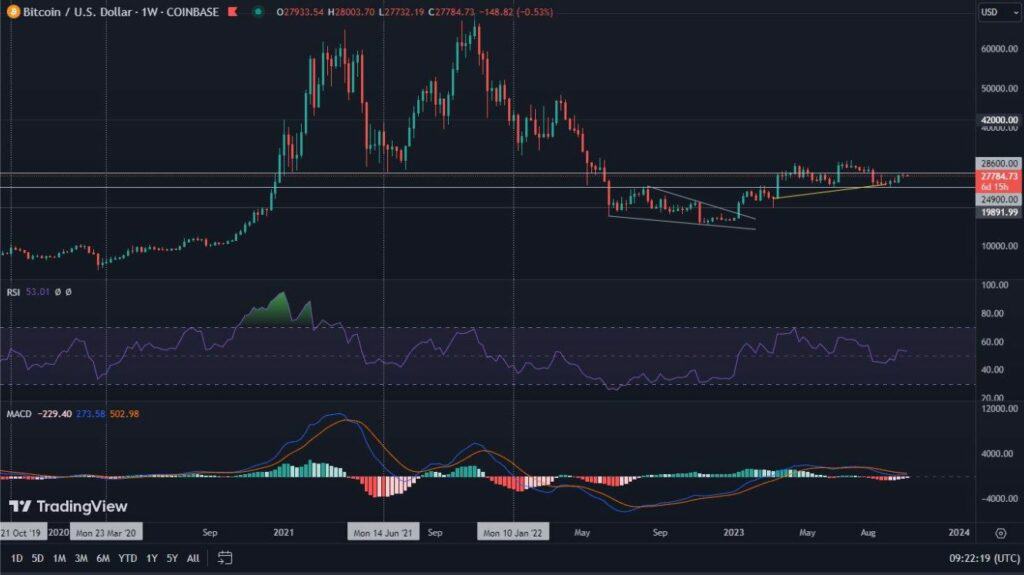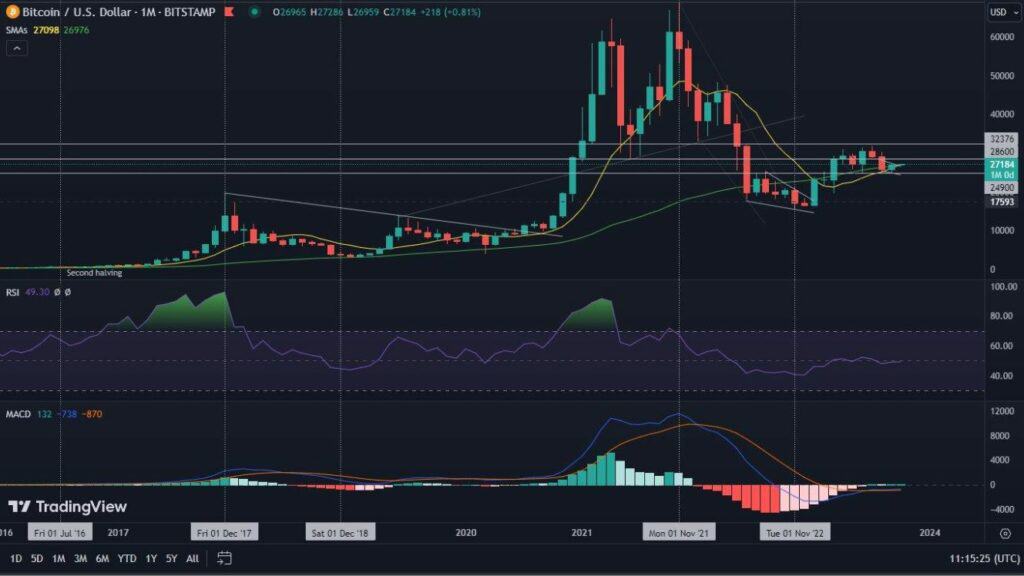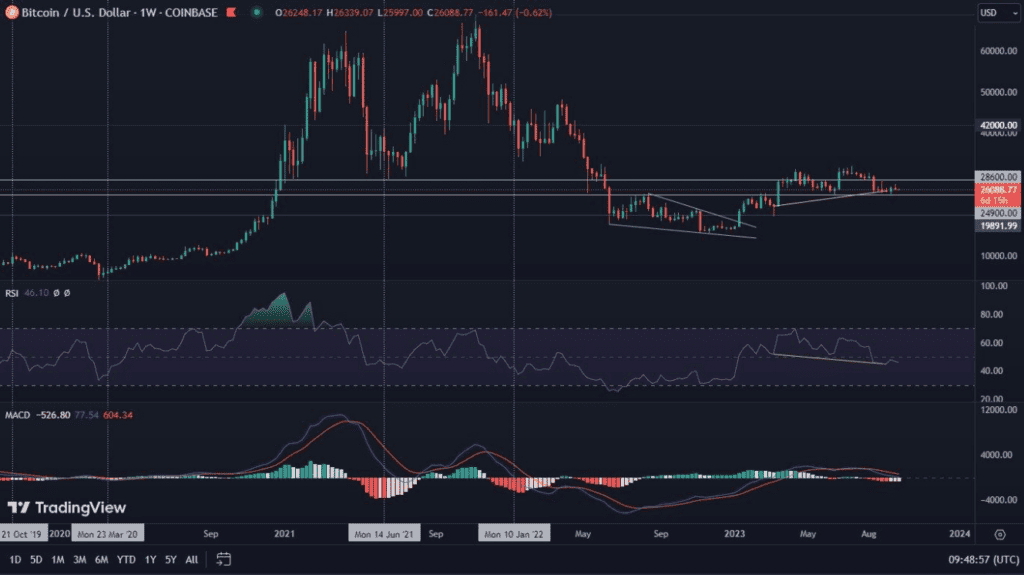The Czech-Russian exchange is the first ever to be sanctioned by the US Treasury Department. The reason for the decision is the alleged facilitation of ransomware attacks.
First such case in history
The US agency announced that it plans to impose sanctions on the broker Suex, for allowing hackers to access cryptocurrencies sent to them as ransom for ransomware attacks. The case involves funds with an approximate value of $160 million, representing as much as 40% of the platform’s transactions. They were linked to eight independent attacks.
With that, the Treasury Department’s Office of Foreign Assets Control (OFAC) added Suex OTC to its list of Specially Designated Entities. This means that the entity’s activities within the United States are considered illegal, and citizens of the country cannot interact with it in any way. In its report, the agency points to the company’s offices located in Prague and Moscow, and lists 25 crypto addresses owned by the broker, which include assets such as Bitcoin (BTC) Ether (ETH) and Tether (USDT).
As Chainalysis reports, it was in the aforementioned cryptocurrencies that the ransom money was held. According to the company, which supported the investigative process, most of the identified funds came from illegal and highly risky sources.
The ongoing fight against the attacks
The United States Department of the Treasury, is an institution established in 1789. It is a department that belongs to the government and is responsible for managing the nation’s finances. It is headed by the Secretary of the Treasury, who in turn is part of the presidential cabinet. It is from the White House that the fight against ransomware attacks has intensified. This comes in the aftermath of events surrounding this year’s problems for the Colonia Pipeline company, whose systems were locked down, hampering fuel deliveries to the entire East Coast of the United States. That’s when hackers extorted a ransom of more than $4 million in BTC from the company. The JBS company experienced similar events, losing as much as $11 million in the same way, also in cryptocurrencies.
The first but probably not the last such case
The cases of ransomware attacks have been highly publicized recently. Unfortunately, they are most often followed by transactions in cryptocurrencies, which creates black PR around the blockchain space and slows down its adoption. Action by the U.S. Treasury Department can help clean up the environment and enforce recovery from attackers. Not being able to take control of the profits can effectively discourage them. It is therefore reasonable to assume that the list that Suex opens will grow somewhat longer in the future.



























